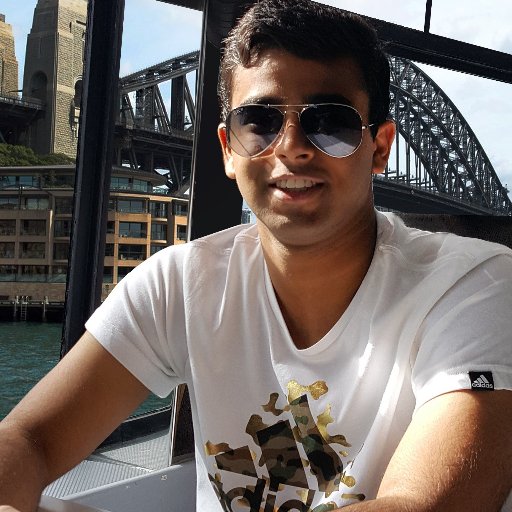Bond University's Medical School conducts an interview as the final stage of the admission process into the Bachelor of Medical Studies / Doctor of Medicine (MD) program.
Students are selected based on performance in the Bond University Psychometric Test, details of how to successfully pass can be found in my post.
Every year approximately 150 successful students are chosen to commence studying Bond Uni's undergraduate medicine degree. This figure forms roughly a 50% rate of admission once candidates proceed through the Bond Medical Program's interview stage.
With sufficient preparation and practice rehearsing, responses to commonly repeated themes come naturally to the candidate sitting the interview as well as proficiency in answering for the duration of the station.
Format of the Interview
Bond University conducts the medicine interview in a Mini Multiple Interview (MMI) format. The interview usually goes for 2-3 hours including the time given for a pre-brief and a de-brief.
Usually there are 6 interview stations (each inside a separate room), each of which is allocated 1 minute of reading / perusal time and 7 minutes of speaking time.
There was also a 10-minute final group work activity; participants were instructed to work together in small groups to 'build' a solution to the problem-based scenario given.
Rest Stops
Between each station is a rest stop. A rest stop is a 'break' station which allows candidates to take a break after the station they just attempted. The duration is the same as a normal interview station because they are just a 'station' in the normal sequence.
Numerous rest stops are a great addition to Bond Medicine Program's interview. Rest stations are common throughout the medical world, particularly during Objective Structured Clinical Exams (OSCEs) and VIVA's.
Candidates often get given a chair in the main corridor and aren't allowed to freely roam around, given exam conditions. You can always politely request a drink of water or quick bathroom break if permitted!
Often medicine interview stations are really difficult or have significant time-pressure in answering within the allotted time, so having a rest station to gather thoughts/get a drink of water is highly useful and should be utilised well.
I discuss more strategies in my interview preparation course, let me know if you're interested!
After a rest station, the candidate moves onto the next station in the sequence.
Marking and Criteria
Each station consists of 2 interviewers/examiners. If you finish your answer early, you have to remain within the station (can get eerily silent so contact me for strategies).
Bond medicine interviews have examiners from a range of diverse backgrounds;
- Doctors/Allied Health professionals
- Community volunteers
- Bond University staff including academics
Academic content isn't examined, everyone who has an ambition of studying at Bond University's Medical Program is very talented! Rather, your own personal qualities and abilities and a range of professionalism themes are tested. For more information, feel free to contact me if you need assistance with approaching the Bond medicine interview.
Each interview station is marked as equal value and final result is a reflection of how you performed in the stations.
Further Preparation / Tutoring
I run a 1 on 1 individual tutoring service for students who want to succeed in the Bond Medicine Interviews subsequently gaining a spot into the Bond Medical Program.
As part of the tutoring service, I offer students a 'mock' style interview session where we go over questions as well as discuss feedback and pertinent points. This allows students to get an opportunity to practice in time-constraints similar to what is expected on the day of the interview.
I also provide high-yield relevant information of the facilities, recreational services, educational opportunities such as placements, electives, networking nights available at Bond University so students can incorporate this information in their answers. This is highly valuable info I have collated during my time at Bond University in the medical program!
If you would like more information, please contact me. It is best to start preparation as soon as possible to get the most practice out of the time you have remaining.
